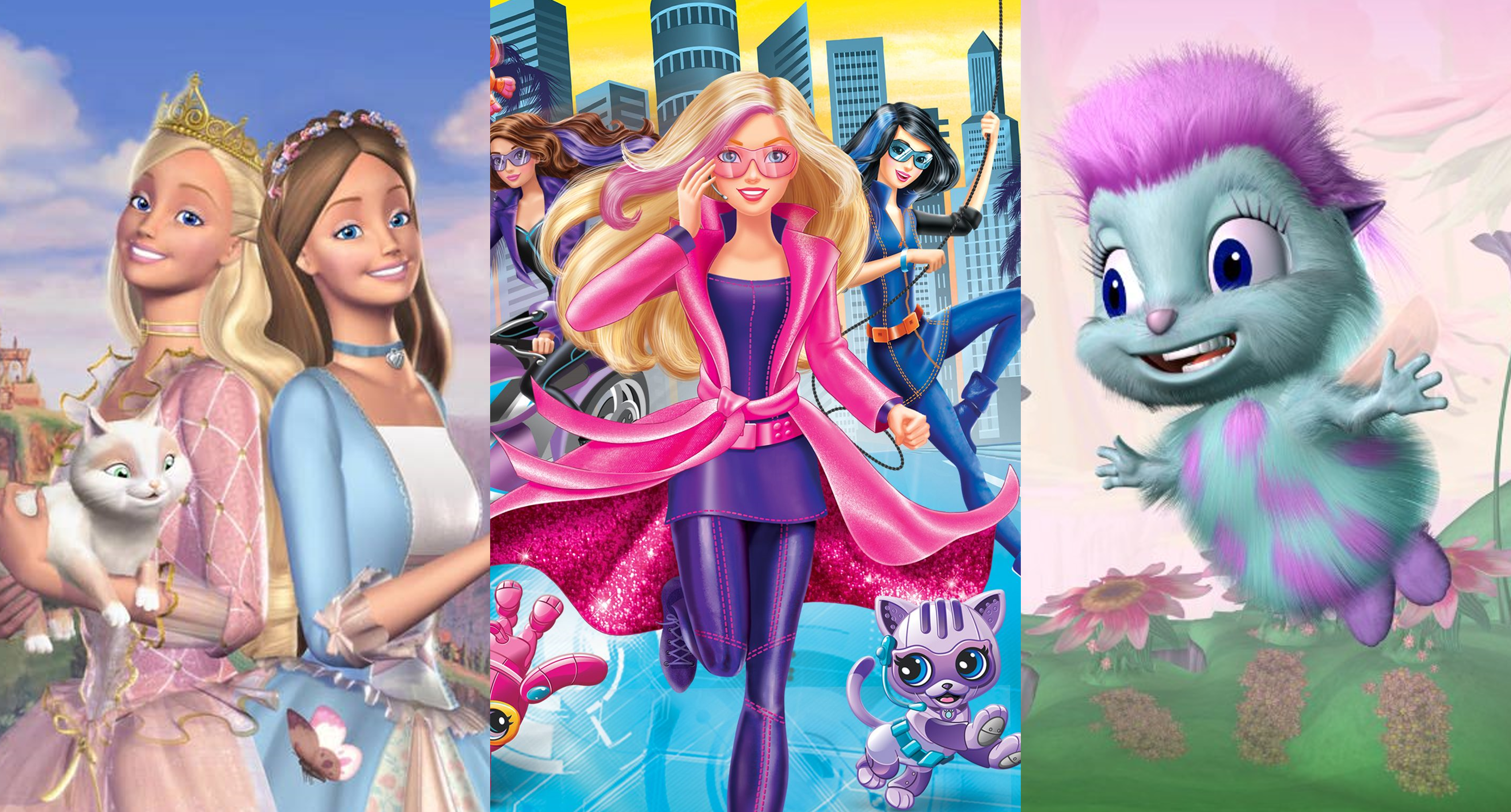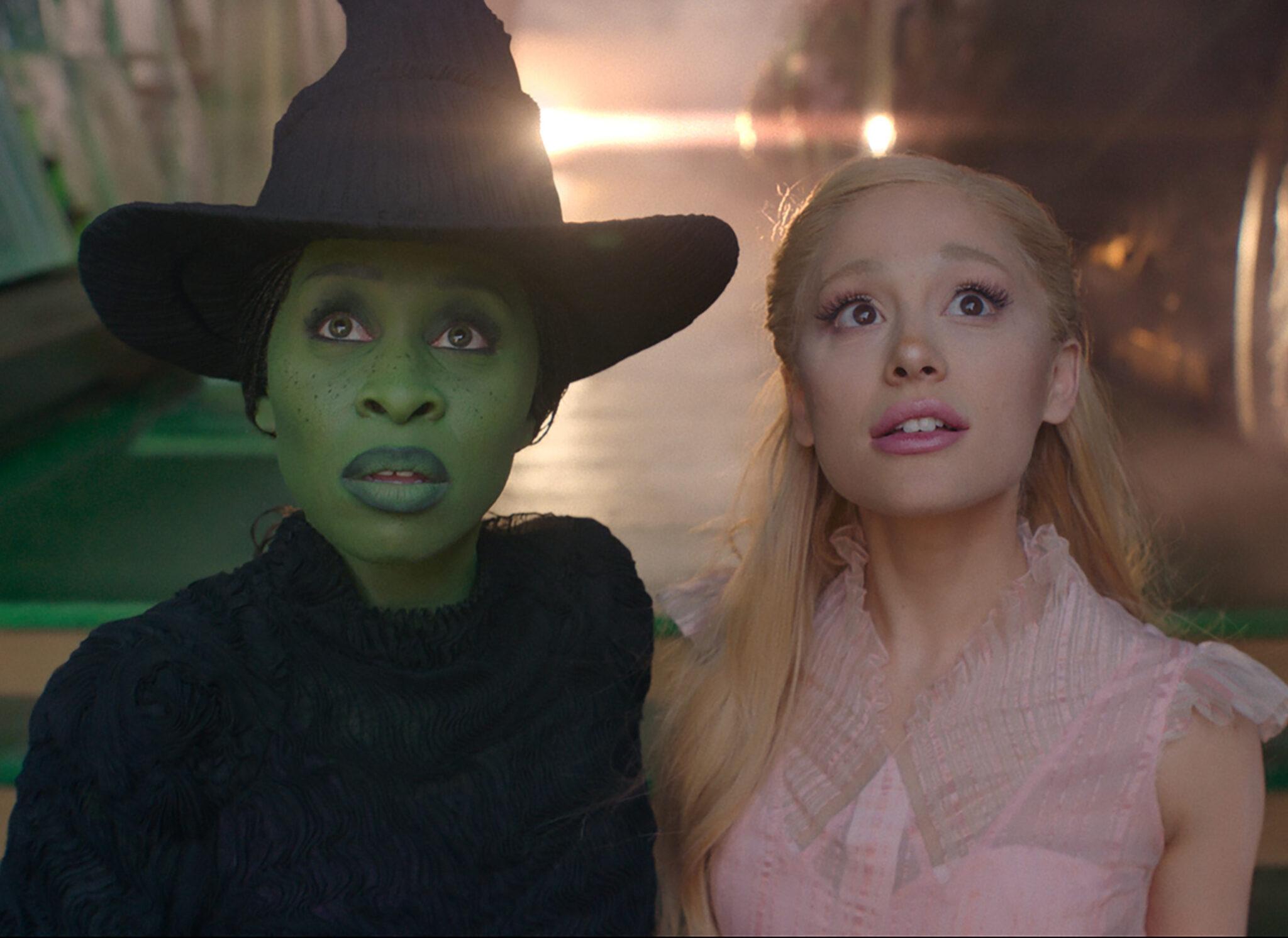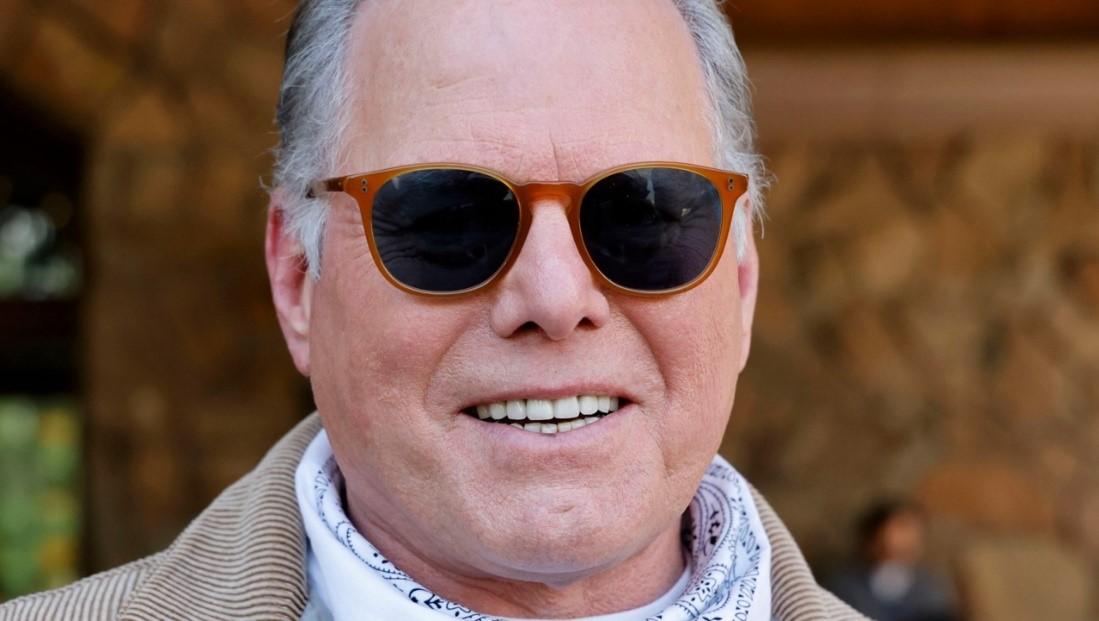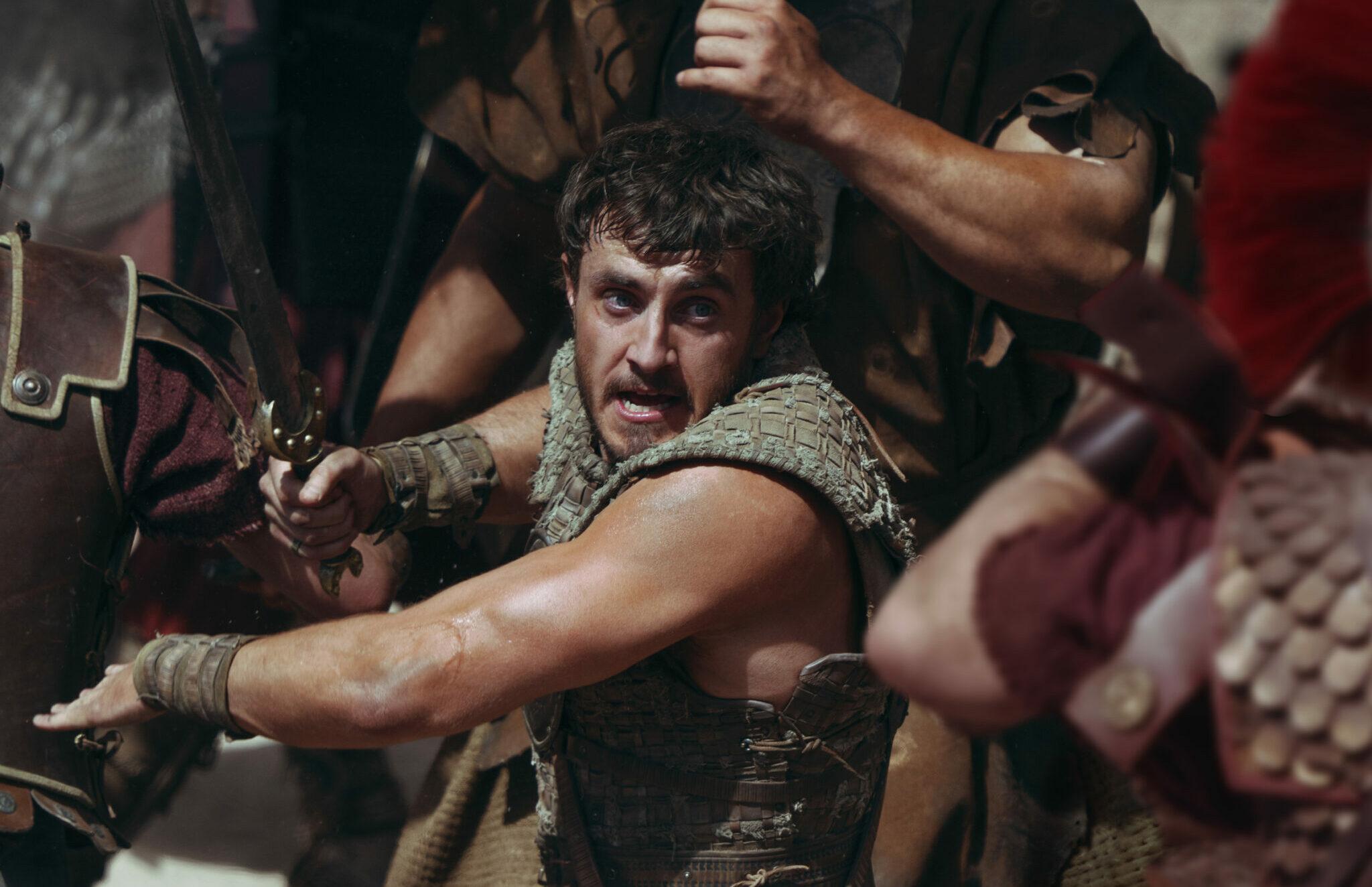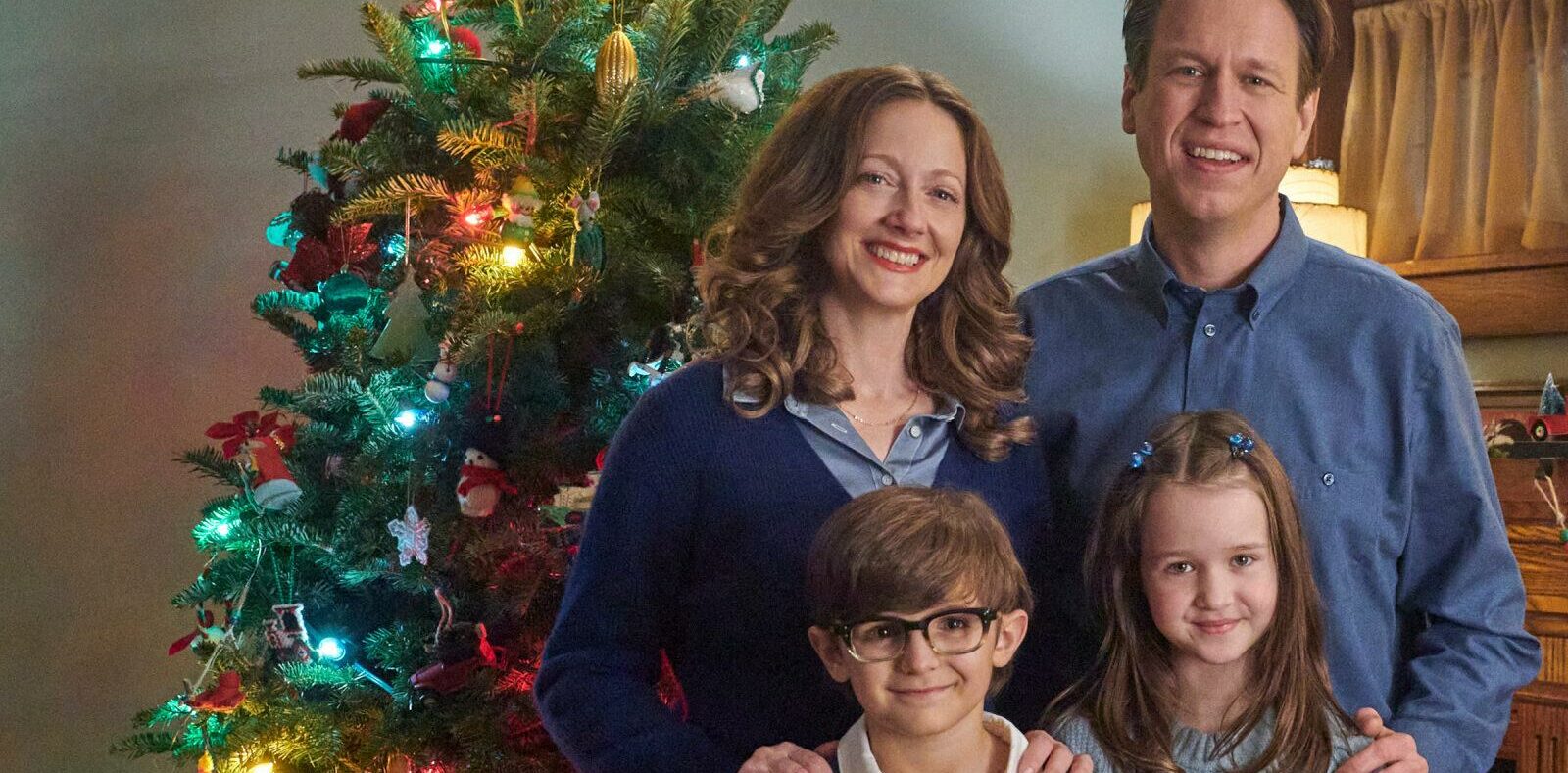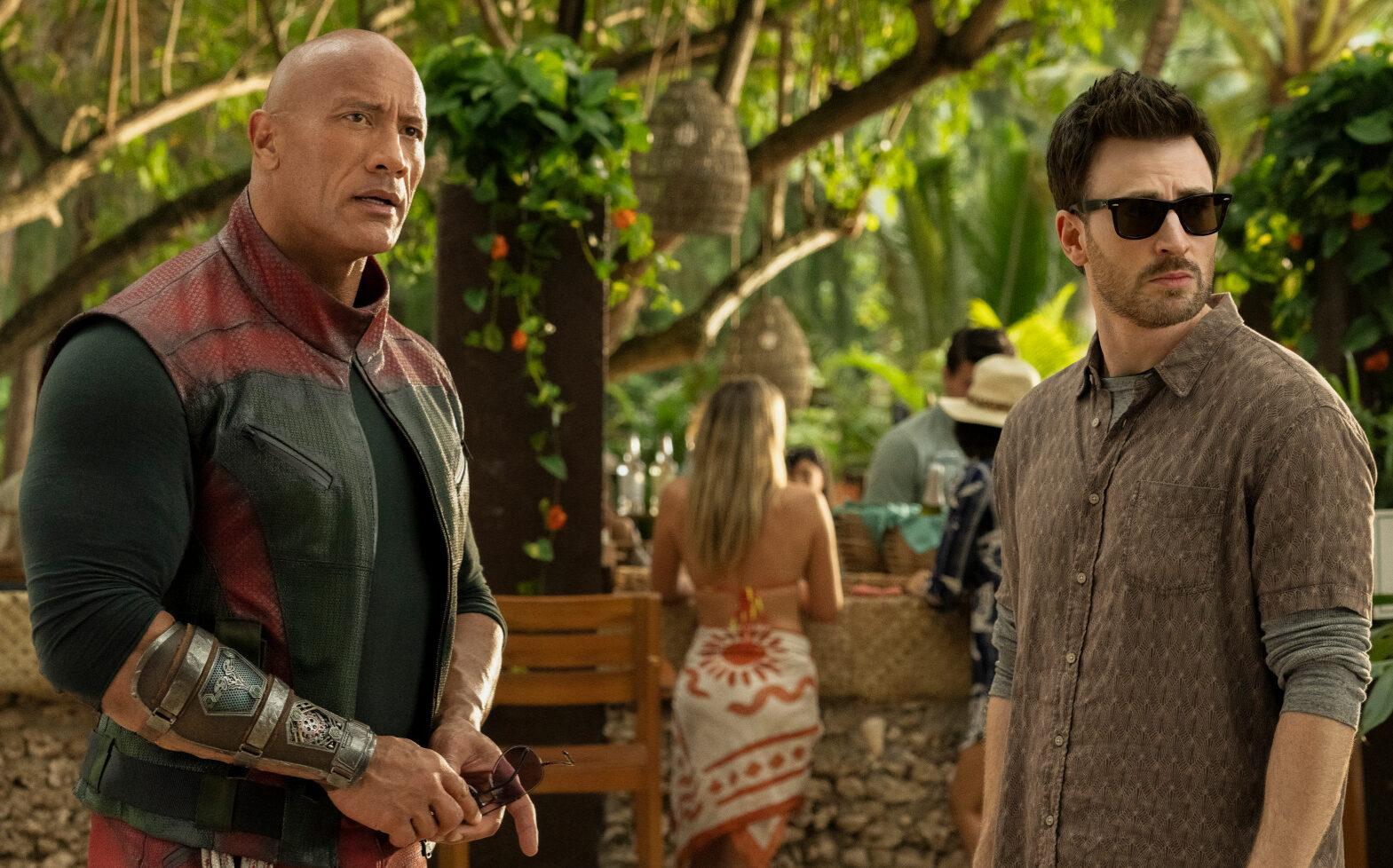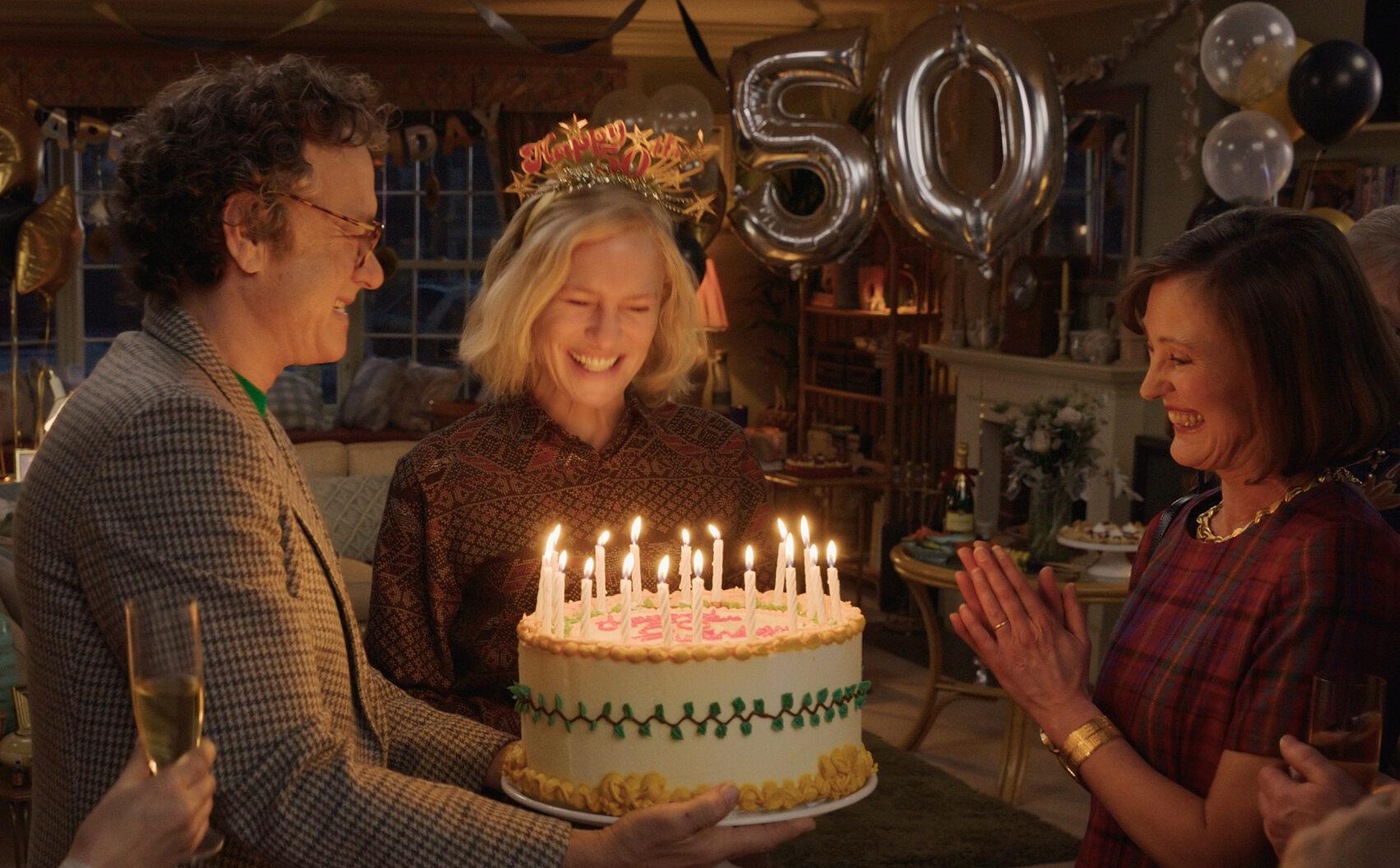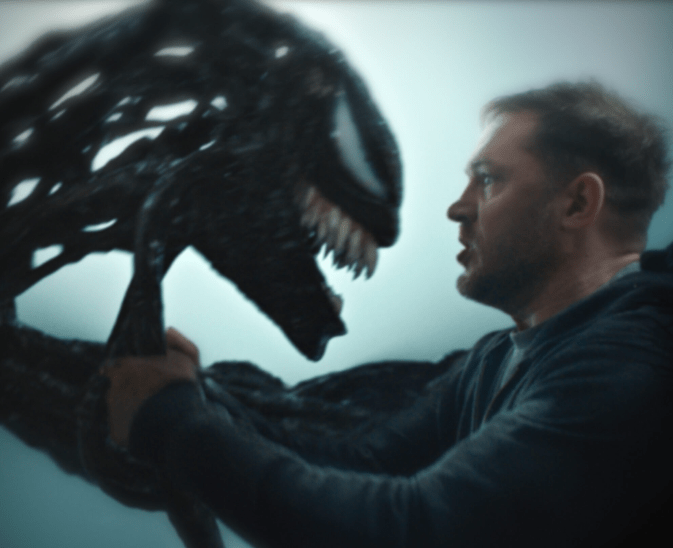VERDICT: Greta Gerwig and Noah Baumbach bring an overflowing toybox of ideas to a funny, provocative, meaningful movie that defies its product-placement roots.
By Alonso Duralde, 7/18/23
Barbie is a doctor and a surfer and a president and a sanitation worker and a Nobel Prize–winner and an astronaut. So it only makes sense that Barbie is a political satire, a musical, a product-placement movie that both celebrates and critiques its product, a story about mothers and daughters, an examination of gender and its performance, and a road trip movie about the search for identity and purpose.
Audiences thinking that Barbie would exist merely as a by-the-numbers cash grab designed to sell toys will find themselves instead watching the latest collaboration between director Greta Gerwig and her co-writer Noah Baumbach, a film that is by turns self-aware, sardonic, and surprisingly moving. This valley of the dolls has real depth.
As the ubiquitously pink marketing campaign has let everyone know, the film begins in the world of Barbie (Margot Robbie), whose friends Barbie (Issa Rae), Barbie (Ana Cruz Kayne), Barbie (Emma Mackey), Barbie (Hari Nef), Barbie (Alexandra Shipp), Barbie (Sharon Rooney), Barbie (Nicola Coughlan), Barbie (Ritu Arya), et al. run the show in Barbie Land. Standing by and competing for their attention are Ken (Ryan Gosling), Ken (Kingsley Ben-Adir), Ken (Simu Liu), Ken (Scott Evans), Ken (Ncuti Gatwa), and Ken’s friend Alan (Michael Cera).
The Barbies have proven that young women can be anything they choose to be, and they assume that their influence has liberated a grateful female populace in the Real World. But when the Robbie-Barbie starts showing mysterious symptoms — thoughts about death, a flattening of her heel-ready feet, and most distressing to her, the first appearance of cellulite — the cracks of imperfection begin to show in Barbie Land.
She seeks advice from Weird Barbie (Kate McKinnon), whose overzealous owner has left her with a marked-up face, chopped-off hair, crazy wardrobe, and legs that permanently do the splits; Weird Barbie tells Robbie-Barbie she must travel to the Real World to alleviate the sadness of the real girl playing with her, lest her perfect pink bubble remain forever burst.
Robbie-Barbie, with Gosling-Ken in tow, wind up in Los Angeles, where they track down tween Sasha (Ariana Greenblatt), whose Barbie-playing days are well behind her, and Sasha’s stressed-out mother Gloria (America Ferrera), who misses playing dolls with her daughter, and who works for Mattel execs who ignore her.
Those execs, led by Will Ferrell’s CEO character, are astonished to find Barbie in their world, but when she refuses to “get back in the box” (both literally and figuratively), this Barbie must figure out who she really is and what she really wants. Ken, meanwhile, has his mind blown by experiencing the patriarchy for the first time — he’s pretty sure it has to do with trucks and horses — and goes off on his own quest for meaning.
Barbie dumps a lot of tones and ideas out of its toybox but manages to connect the disparate parts, resulting in an all-too-rare thoughtful blockbuster. The usual corners of bad-faith cultural criticism will no doubt bad-mouth the film with the meaningless label of “woke” for daring to build an inclusive cast of characters representative of the real-world spectrum of race, gender, size, and physical ability; for questioning women’s and men’s roles in society; and for anything on screen that signals the possibility of a better world for all people.
But Gerwig and Baumbach’s critique runs deeper than those critics will give it credit; a world where women are everything and men are “just Ken” has its own flaws, just like a world where women are denied bodily autonomy and equal pay. (Ferrera gets a barn-burner monologue about what the world expects from women, and mothers in particular, that will no doubt become oft-quoted.)
Production designer Sarah Greenwood clearly had a blast recreating the shiny plastic world of the Barbie playset, and cinematographer Rodrigo Prieto lets Barbie jump back and forth from this cuckoo Toyland to Southern California and back, capturing both environments’ shared physical qualities as well as their distinct color palettes.
(Greenwood and Prieto’s respective teams also know when to dial back the hot pink, like in an elaborate all-Ken dance number that suggests a mash-up of the “Greased Lightning” dancers from Grease placed in the fantasy landscape where Gene Kelly swept Cyd Charisse off her feet in Singin’ in the Rain.)
Robbie — who recently walked away with Asteroid City with just one master-shot scene — captures every note just right, from a perpetually optimistic doll with a perfect life to a complex, questioning woman who wonders who she’s supposed to be and what to do with all of these new and complicated feelings. She’s matched beautifully by Gosling’s lovesick Ken, who goes to insane lengths to find his existence in Barbie’s gaze.
And while the part of the Mattel CEO doesn’t give Ferrell a whole lot to do, the casting perfectly fits an unusual subset of his screen career; he’s playing the guy with one foot in our recognizable world and one foot in fantasy, not unlike the roles he filled in The LEGO Movie, Bewitched, and even Stranger Than Fiction.
For a movie that comes stamped with the Mattel logo, Barbie asks real, existential questions about the toy’s complicated legacy: feminist icon, or unattainable role model? Career inspiration or consumerist sex object? Gerwig and Baumbach come out on the side of the power of the imagination but never discount the criticisms of this iconic American object. What the film does best, perhaps, is to understand and explain why people make up worlds, be they real systems of oppression or imaginary playsets.



